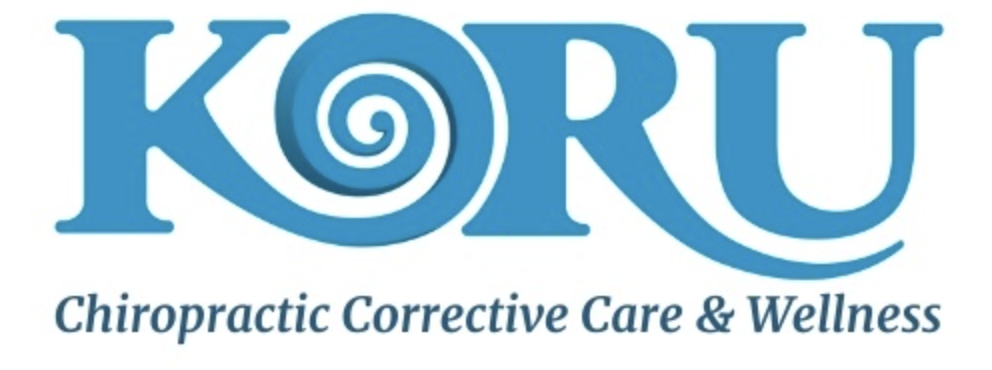Many people who have bulging discs have had major injuries or accidents, however, I find probably just as many patients who have had neither, but still have bulging discs.
Some believe there is a genetic component “my mom(dad) had bulging discs so that’s why I have them”. While this may be true in some cases, I often see more of an environmental stress correlation. What do I mean by that? Well, birds of a feather flock together. So if grandma eats unhealthy, smokes, drinks, and doesn’t exercise, unfortunately, mom and daughter follow suit in their lifestyle choices. We are often lead by example after all right?
Your environment dictates the amount of physical, chemical, and emotional/mental stress your body is under. Our bodies are always under some level of stress, it just depends on how much and what the body’s capability the handle the stress is. Too much stress will likely result in sickness and a premature life span. What you eat, how you move, what you do for work, what kind of water are you drinking (yes there are “types”, tap water, spring, reverse osmosis, etc), what and how you think, if you sit all day or lift heavy things all day and the list goes on.
The good thing is we have control of many of these factors directly, like your dietary choices or exercise habits. But sometimes we can not avoid stress, like a difficult co-worker or a job you have to sit in front of the computer all day for. In those cases, we need to actively manage our stress like practicing mediation to cope with emotional stress, or regular exercise and stretching daily to counter the stress of sitting all day.
So you’re probably asking “Doc, what’s all this stress talk have to do with my disc bulge or herniation”
STRESS is your problem, my friend. Whether its chemical stress from a poor diet and toxicity that’s causing inflammation of the body, which will affect disc health. Or its emotional stress that causes you to have poor posture and stiffness all the time (not good for the discs). Or physical stress that, well, is physically impacting the disc directly, like lifting, bending, twisting it prolonged sitting.
Let’s keep it simple though and limit it to physical stress since that’s the easiest for most to simply understand. This research article shows the impact of spinal misalignment or curve loss on the health of the discs, and it’s written by medical doctors too!
“The degree of disc herniation and cervical spinal cord compression are inversely correlated to cervical lordosis in young neck pain patients”
![]()
This is an example of on the left, a loss of cervical lordosis, and on the right a dramatic improvement in the same patient. The best part, this woman was young, healthy, and other than bad spinal alignment she was exceptionally healthy, so a much quicker recovery, only about 6 weeks!
Another example of a curve change, in a middle-aged female, with arthritis as well, but we managed a great correction on this case as well and again in a relatively short amount of time.
![]()
Here's an example of a low-back disc case. This individual had severe numbness in both legs, cramping in the legs, and back spasms. The picture on the right shows a great correction that of course resulted in this person feeling 100% better!
As I mentioned at the beginning of this blog, every case is different and I do a very thorough examination and health history to determine all your areas of stress and which parts of the spine are subluxated or misaligned, where you have postural distortions, and ultimately how many adjustments I think you’ll need to fix the problem. I also prescribe exercises, stretches, and other therapies to help expedite the healing and recovery process.
If you are interested in consulting with me on the matter please email us at info@koruchiropractic.com or call in at 720-593-9796 to set up a virtual or in-person consultation to see if I may be able to help you and your health with Neurologically Based Corrective Care.
